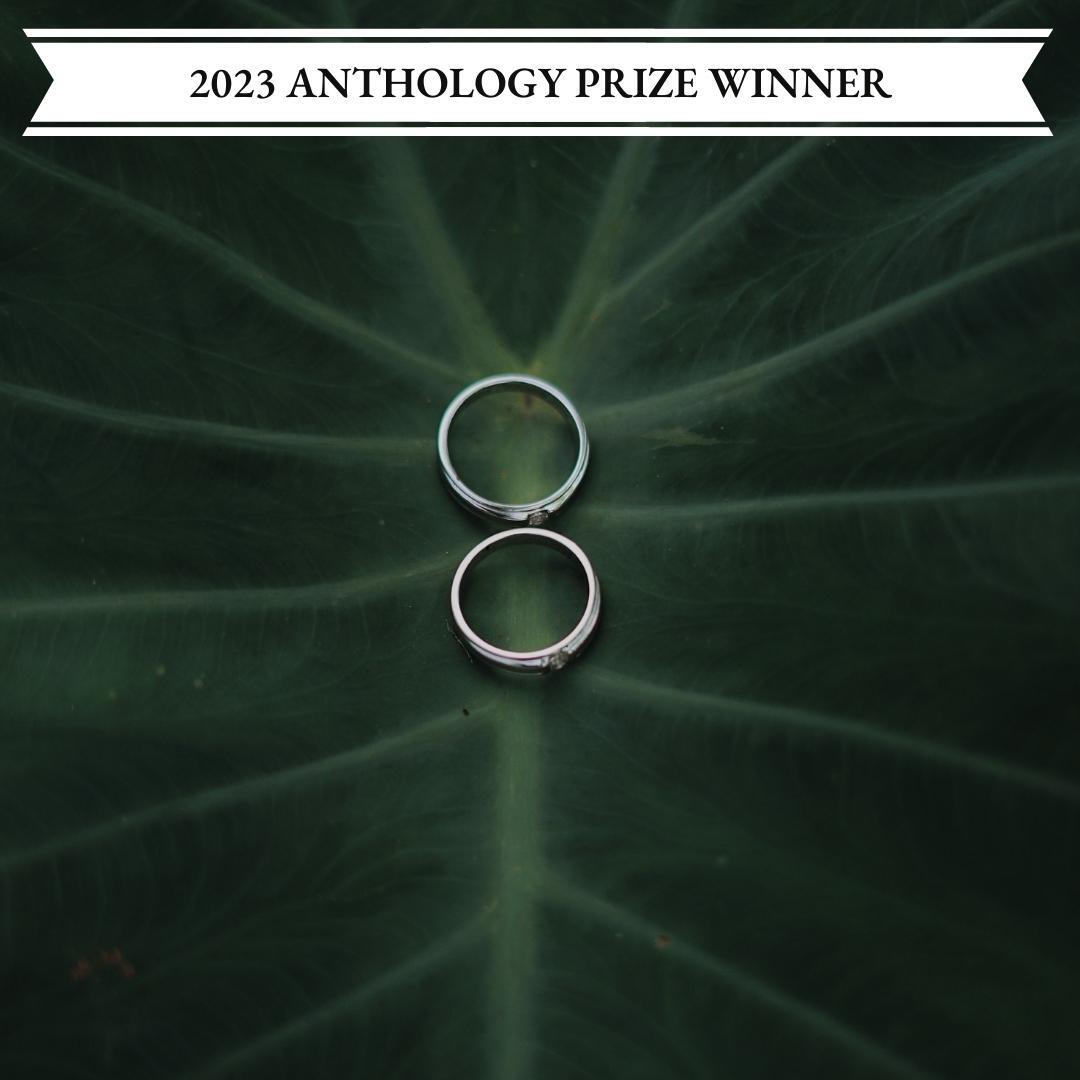●Suit jacket and pants. White shirt.
●Brown knit tie, too narrow, too long.
●Pocket square, folded and stapled into shape.
●Battered Florsheim wingtips with white athletic socks —a sign of decline.
This is how my father dressed at proper occasions: dinners out, sales calls, any meeting with money on the line. He married my mother in one. Buried her in another.
The duty nurse hands me his clothes and a battered leather briefcase in an overlarge plastic bag. He hadn’t informed me of the procedure. The neighbor he’d enlisted to pick him up afterward called. “Your father is dead,” she said. “I can’t stay. I have to get home to make dinner for my family.”
Father’s body is cold by the time I arrive at the hospital. His skin glistens like bee’s wax, sluggish to the touch, soft and inert. I find my way to the address listed on his driver’s license. The efficiency is hard-scrubbed and pin-neat. It smells of lemons. The bed’s made with a military tuck. There’s a card in a blank envelope on the bare kitchen table. “I Love You” is the pre-printed message. No name. No signature. No instructions.
●Wash the hospital stink out of the clothes.
● Lay them flat on the mattress in the shape of a man.
I’d seen him a handful of times in fifteen years. I sleep on the couch, unwilling to rumple the last careful thing he’d done. In the morning, I force the briefcase with a hammer, after failing to guess the combination. The case was an extension of his body, a portable organ where he secreted treasures.
●Three legal pads, yellow lined paper, unmarked.
●One silver Cross pen, blue ink.
●Two packs of Post-its, one pink, one yellow.
On the rare occasion that he sent me a letter, it consisted of a note affixed to an article torn from a newspaper: “Thought you might be interested.” Or a bill that had lost its way: “This came for you. Opened by mistake.”
●Half-a-dozen sales brochures for hearing aids and vitamin supplements —products he sold but refused to use.
●Mother’s wedding band zippered into a mesh side compartment. Father’s, taken from his swollen finger on the operating table, glimmers in my pocket.
●Keys to the old house, long sold.
●A religious medal, St. Christopher. Must have been a gift from her.
She was the Church-regular; he, the pagan who believed in a God of motion. At her funeral, Father consoled me by saying, “She gets to rest. We keep going.”
I didn’t go far. Back to school, then to a job I would quit and a wife who would leave me. Every Sunday, I joined him for early dinner. We sat across from each other, trusting to silence more than words. We each bussed our own plates and watched the Phillies or the Eagles on the tube. Then, every two or four. Then, not at all.
Father pushed into new sales schemes and territories, each more far-fetched and far-flung. I came to think that it had been us who had died.
●Certificate of Birth, Honey Brook, PA, 77 years ago.
●Honorable discharge —which entitles Father to a flag every Memorial Day. I never asked if he had killed someone for the privilege.
●Last will and testament, duly signed and witnessed, leaving all to me.
The last time I saw you alive, Father, you rang my apartment buzzer without warning in the middle of a hurricane. We chased Ida’s track through Pennsylvania and New Jersey. We drove through wind and rain so thick it lashed like waves. We skirted flooded fields and rolled by homes torn open by fallen branches. We passed great oaks toppled in the mud and vast whirls of uprooted stalks. When I finally got up the courage to ask, you said: “I just thought that it was something you ought to see.”

